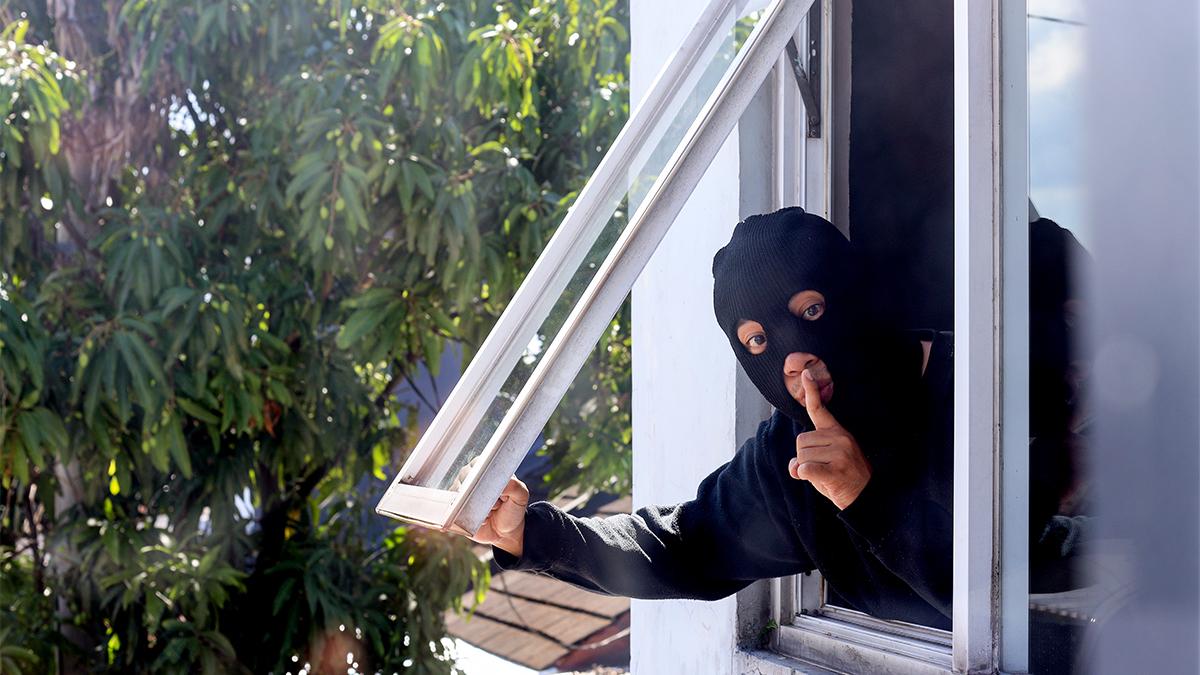Burglaries in Canada significantly impact personal, business, and communal budgets, requiring aggressive action to protect financial security and address societal impacts through effective prevention and policy.
Direct economic costs and financial losses of burglaries in Canada
The amount of money individuals and businesses lose directly from burglaries is crucial to understanding how they damage Canada’s economy.
- Property damage: Burglaries typically damage property. Broken windows, doors, and other building damage are included. When assessing property damage, you must estimate the cost of repairing, replacing, or restoring it to its pre-break-in state. This may be calculated using insurance claims, repair services, and property appraisals.
- Stolen items and cash: Burglaries commonly steal valuables and cash. You must know the value of stolen items to calculate the loss. Purchase receipts, assessments, market pricing, or victims’ estimations may be used. Companies consider missing products and cash from registers or safes.
- Lost productivity: Businesses that are broken into incur immediate economic losses by having to shut or halt operations. Lost revenues, abandoned orders, missed deadlines, and additional expenditures to restore the firm to normal. Financial documents, sales records, and operational data are needed to calculate these losses.
- Medical costs: Direct economic costs include medical expenses for burglary victims. These expenditures include emergency treatment, hospital stays, diagnosis, testing, drugs, and recovery.
- Legal and insurance costs: Legal expenses and other costs associated with prosecuting criminals are direct economic costs, as are insurance costs. This involves filing insurance claims, paying costs, raising premiums, and even changing policies. You must consult court papers, insurance companies, and insurance policies to calculate these charges.

The impact of burglary on Canadian real estate market
Burglaries impact more than simply the victims. They also impact the neighborhood and numerous commercial areas. Thefts affect Canada’s real estate market. Thefts may impact the real estate market in many ways:
- House value: Burglaries diminish house values. A neighborhood with a lot of thefts may not appeal to homebuyers or investors, thus they may be less willing to invest or pay more for houses there. This may lower home values, affecting tenants’ wealth and market security.
- Insurance premiums: Burglaries raise homeowners’ insurance premiums. Insurance firms may charge more for property insurance in theft-prone locations. This makes renting costly and may deter buyers from buying properties in certain locations.
- Neighborhood perception: Repeated thefts might make individuals distrust community safety. Buying or renting a property in the region may be influenced by others’ opinions. A neighborhood’s reputation for stealing might lower housing demand.
- Demand and market activity: Thefts might influence house demand in a region. Homes in safer, lower-crime neighborhoods may attract buyers. Demand may decrease in areas with more thefts, leading to longer selling periods and lower prices.
- Security measures and property features: Burglaries might influence home security purchases. Homeowners and real estate purchasers may install security systems, strengthen doors and windows, or adopt other security measures to reduce burglary. These upgrades may affect property values and sell properties in safety-focused areas.

Buying property in Vancouver
Matin Homes is a prominent real estate agency located in Vancouver that links buyers and sellers with a wide choice of properties, professional advice, and innovative features to simplify your property search.

